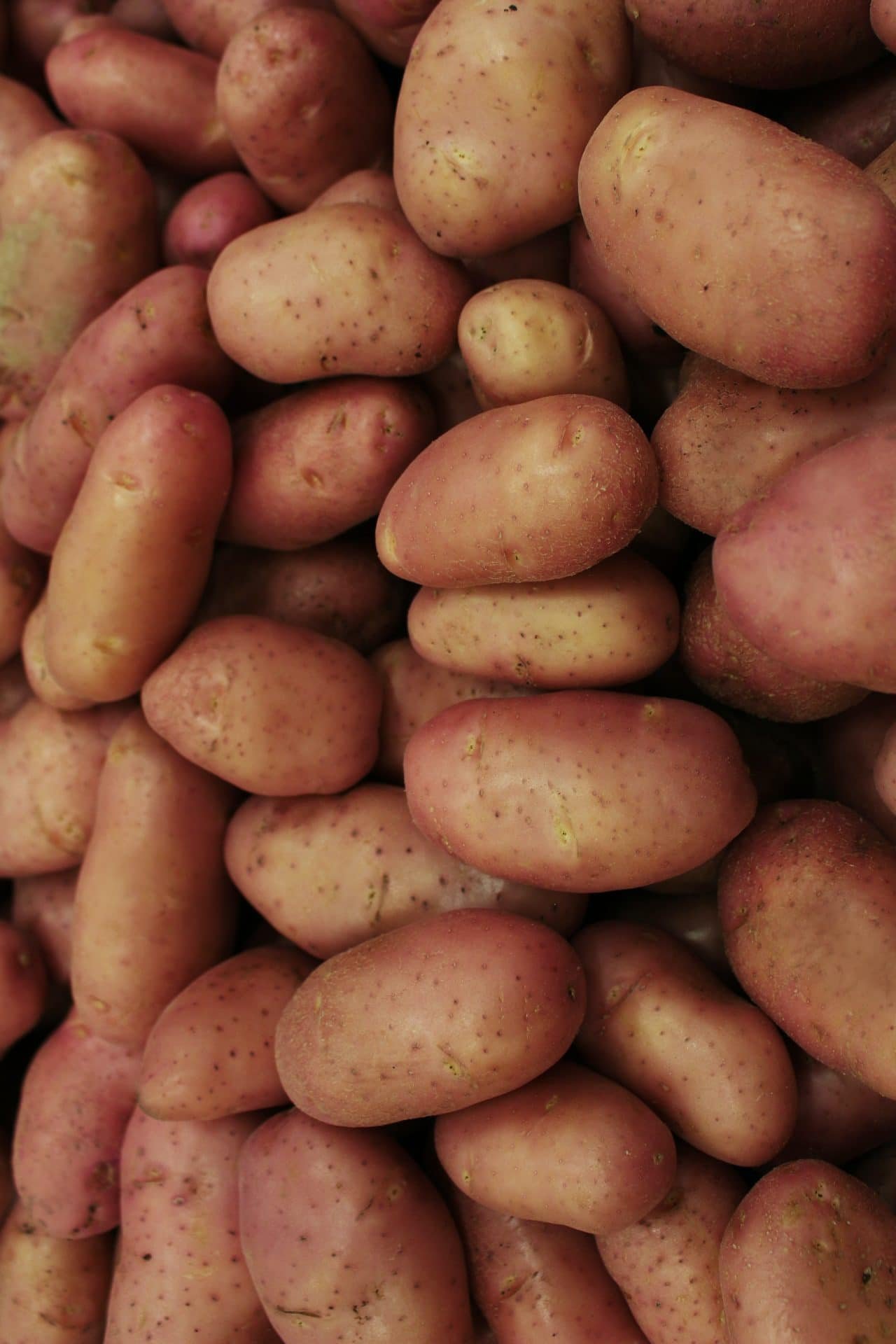Potato farmers to benefit from partnership
Smallholder potato farmers in Kenya could benefit from a collaboration between Corteva Agriscience and the National Potato Council of Kenya.
The partnership will introduce improved technologies and show farmers how to boost their potato yields. Through using quality seed, pest and disease management, post-harvest management and good record keeping yield should increase.
The country has set up several demonstartion ports since April 2020. For example, Kinangop, Ol Kalou, Mau Narok, Bomet Central, Kieni East, Kieni West and Ainabkoi sub-counties. More than 400 farmers have been trained on recommended practices such as soil testing services, apical cuttings technology and seed selection.
The potato value chain in Kenya has remained underdeveloped, even though it is a staple food, second only to maize. The country imports large quantities of potatoes because of this.
The sector contributes almost $30 million annually to the economy and employs about 3.3 million people, 800,000 of whom are smallholders. Kenyan farmers have an average output of seven tons per hectare, compared to 50 tons per hectare in other countries. By using improved inputs and techniques, farmers will be able to increase their potato yields to 20 tons per hectare.
How can potato farmers benefit from the new partnership?
In Uasin Gishu County, Corteva Agriscience sales leader, crop protection in East Africa, Mr Francis Karanja, spoke to the farmers. He said: “We are collaborating to increase productivity, incomes, and sustainable farming practices of smallholders. The products and information we share help farmers to manage potato pests and diseases. Furthermore, incorporate the latest advances in sustainability and technology into their daily operations”.
“The technology we are bringing on board incorporates best agronomic practices to provide control of fungal diseases and safe use of chemicals.”
Mr Wachira Kagoungo, from the Potato Council of Kenya, said the challenges facing potato farming in Kenya could be tackled through a Public Private Partnership (PPP). This approach would bring stakeholders in the industry and value chain together.
Additionally, farmers, he explained, continue to produce low yields and of poor quality due to a number of factors. Namely, quality seeds, poor use of technology and lack of expertise in disease and pest control.
“Our objective is to assist farmers to produce high yields per hectare, free of diseases and pests. Our role will be to mobilise farmers and other stakeholders in the potato value chain. This will result in benefit from the technology and other measures aimed at increasing smallholders’ incomes,’’ said Mr Kagoungo
According to the council, pests and diseases contribute to an 80 per cent reduction in production, which threatens improved seed availability and food security.


